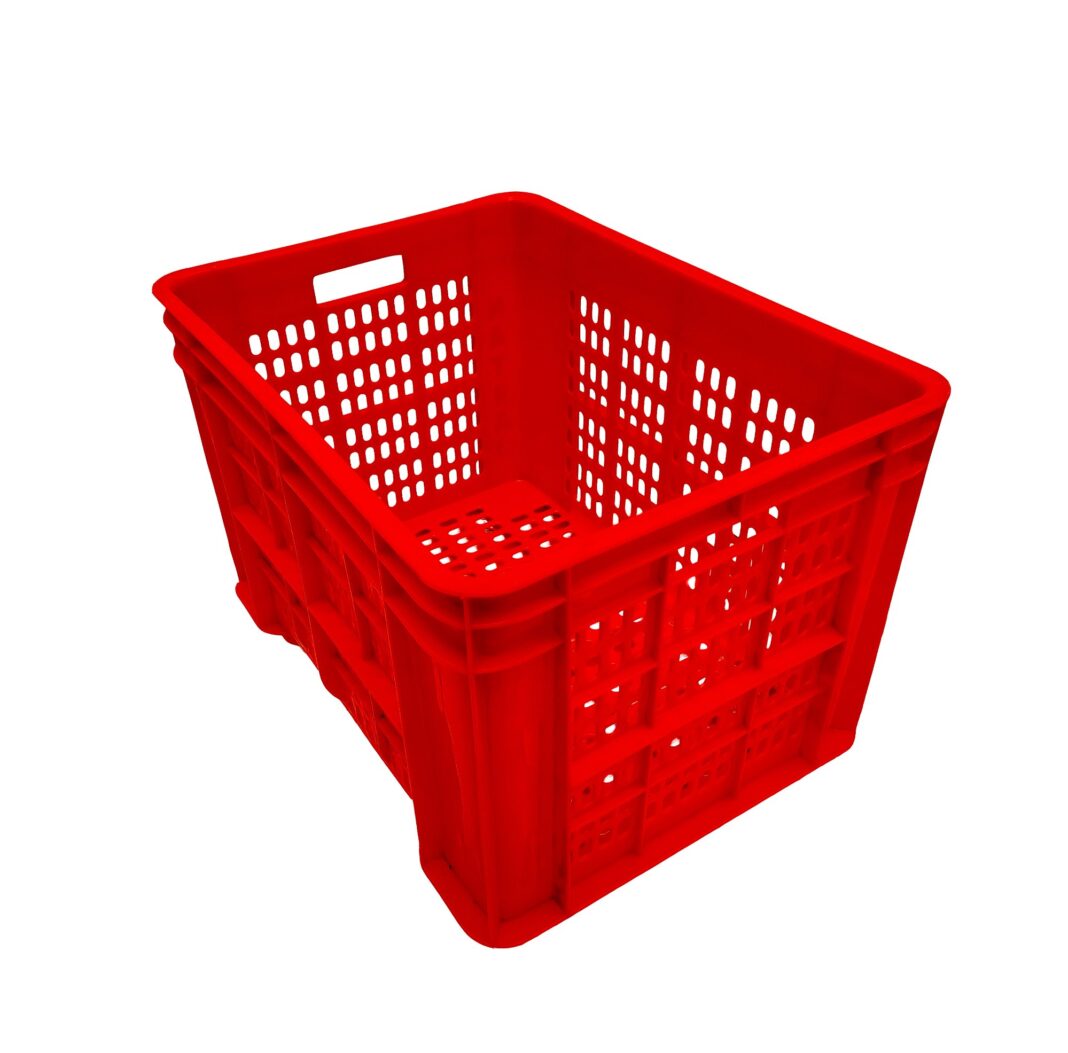New versions of the same include plastic crates and why they are growing in popularity as an alternative to classic wooden or metal containers for industrial storage. Due to their lightweight, durability, flexibility and hygienic characteristics they are perfect for handling and storage of goods as well as in the transportation. In detail, let us look at the benefits of plastic crates:
1. Durability and Longevity
Since plastic crates are built to carry heavy loads and endure the rough handling, they are more sturdy than wooden or cardboard boxes. They do not rust, corrode or dent easily making them very durable and ensuring they keep their structural integrity over time unlike metal crates. So, they are a sustainable long term investment for warehouses that use containers over and over again in relatively difficult conditions.
2. Lightweight and Easy Handling
Lightweight — producing plastic crates that are even lighter compared to the metal and wooden crates which cause less weight of the entire loads being transported or stored. The light weight also makes it much easier for them to be handled manually, reducing the chance someone along the line might get hurt. In addition, since the castors Melbourne are lighter and a small amount of energy is required to move them when compared with forklifts or other machinery which need greater loads to get goods, ergonomics increases efficiency as well as lowering operating costs.
3. Stack ability
Stack-ability — plastic crates are also built with interlocking mechanisms, which can secure crate stacks and keep them in place. When you eliminate it, you enhance your vertical space in warehouses and this leads to a better allocation of storage without compromising the access to goods. Even better, a large portion of plastic crates is therefore nest able and therefore stack inside each other when landed along these lines that they consume up even less storage space while not being used (or when inventory levels are low).
4. Hygienic and Easy to Clean
Plastic crates are non-absorbing thus they do not absorb any moisture, chemicals or bacteria. It is due to them being set up in areas like food and pharmaceuticals that require very high hygiene. While wooden crates may become infested with vermin or rot over time, plastic creates a sterile environment for delicate goods as they can be hygienically cleaned and therefore are able to transport and store such products.
5. Eco-friendly and Recyclable
A lot of plastic crates are developed from reusable products which promotes better warehousing practices. The fact that they are a long lifespan product with limited replacements mean less waste, and once the very end of their life is reached they can also be whole-of-life recycled into new products. Supply chains being facilitated using reusable plastic crates can be a form of eco-friendly warehouse improvement.
6. Modern Warehousing -sustainability
Businesses have increasingly prioritized sustainability in a bid to reduce their environmental impact. In the current global scenario, there is a lot of pressure towards going green hence plastic crates have emerged as a sustainable packaging solution for warehouses. Good quality crate made of plastic sometimes are produced from recycled material and can be fully recyclable at the end of its life. Warehouses that utilize plastic crates are able to help create a circular economy, in which we generate far less waste by throwing away disposable or not-too-durable containers.

